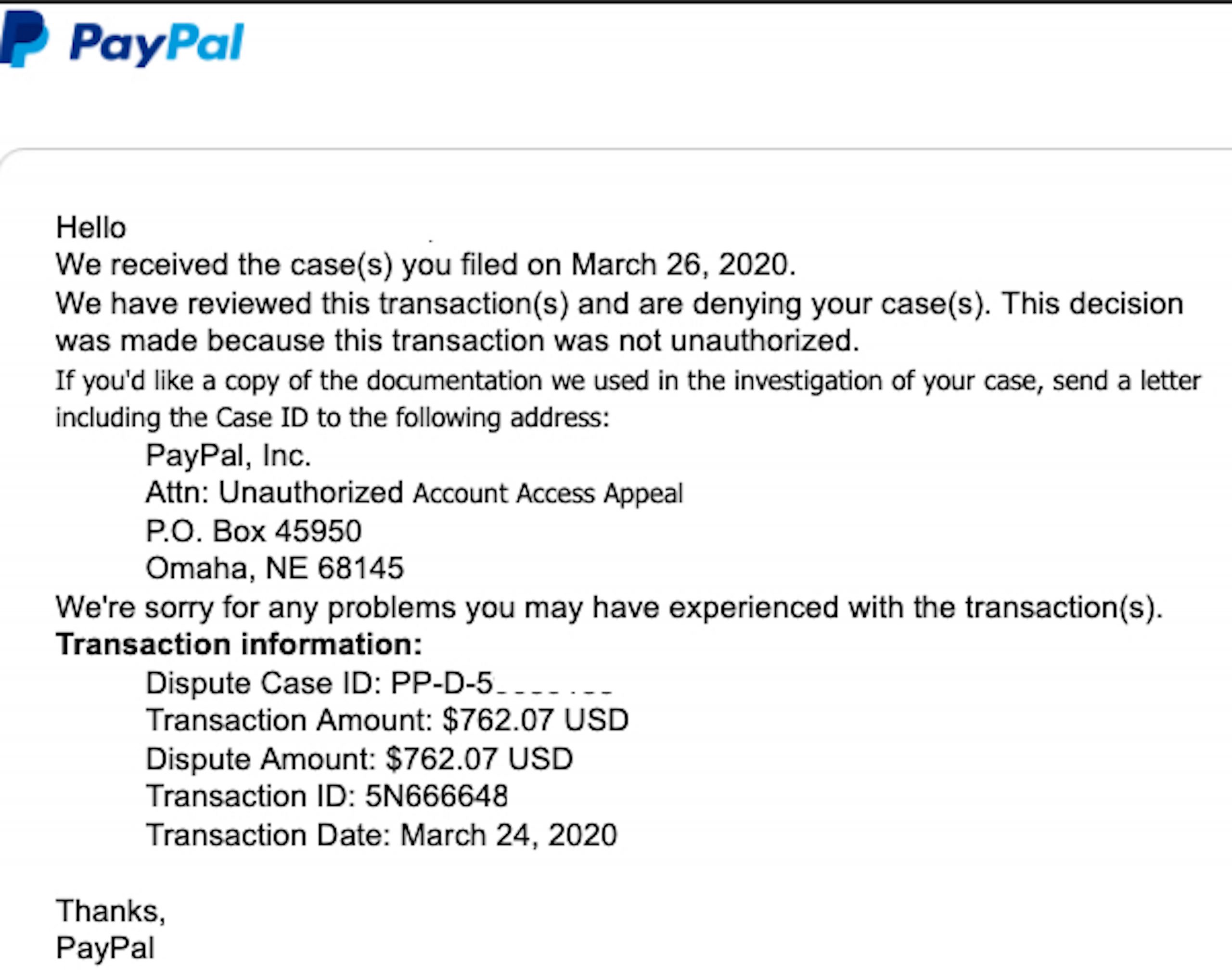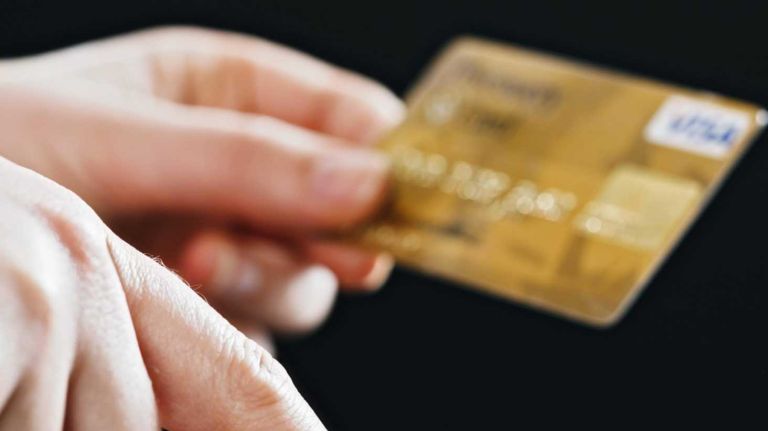The more people take to the internet to do business, the more fraudsters become their own virus as they try to take advantage and try to steal from businesses and consumers by taking advantage of the coronavirus crisis.
The fraud ranges from false claims of cures and treatments for the coronavirus to fake charities attempting to soliciting money to help those suffering from the contagion. Some fraudsters are posing as government agencies, banks and health care providers in an effort to get personal information including passwords and banking information. Some of those solicitations include their own attachments – containing a whole other virus that plants cookies and trackers into your computer.
A whole range of new tricks are being reported to authorities and most banks and credit card companies are watching for patterns of fraud, to keep many unsuspecting customers from losing their life savings – whatever is left after the precipitous market declines.
Government regulators have warned about investment and data theft that has led to losses on credit card accounts and even in the more secure Paypal accounts. Some officials are warning that scammers are attempting to take advantage of gullible consumers saying that money is going towards people’s jobs or charities that don’t exist.
Scammers are also attempting to sell “snake oil” to consumers, claiming that their products will protect them from coronavirus. Medical professionals say there are no full-proof ways to protect against the virus except to quarantine oneself or wear protective gear. NYC Health Department officials have repeatedly advised people to wash and sanitize hands and maintain social distancing and “there are no medications or treatments that will prevent people from catching COVID-19.”
In one instance, a customer with a PayPal account received a notification that someone had ordered an $800 cappuccino machine from Wayfair. Somehow, scammers hacked into her email account and were then able to order the machine using her Paypal access. Despite making calls to PayPal about the charge, Paypal claims there was no fraud. However, Wayfair was more than happy to help and have the item returned.

Some of those deceptive advertising includes immune system boosts that claim to fight off coronavirus and vitamins that some claim helps ward off the virus. Medical professionals say none of these products will fight off the virus, though some say vitamin C can help if you already have the virus – though most doctors say drinking orange juice will do the same thing.
Amanda Coffee, spokesperson for Paypal said there was nobody who can address these issues and instead issued a statement that outlined four ways to avoid scams. Those to avoid include scams that are either charity related or disguised as helping people/family members in need. She also said people should recognize business-critical or PayPal support communications as valid, use proper reporting mechanisms on the Paypal site and staying vigilant in this “vulnerable time.”
Louis Chang, a spokesman from Visa said fraudsters are using a variety of phishing scams using coronavirus to take advantage of consumers. Phishing was ranked the eighth most used scam against consumers and is ranked high now during the coronavirus crisis.
ON the Visa website, a statement reads: Consumer Federation of America (CFA), with the support of Visa Inc., is releasing new consumer education materials about “phishing,” a serious fraud problem. Phishing is when crooks, pretending to be from well-known companies, organizations, or government agencies, contact individuals and trick them into revealing their Social Security numbers, financial account information, passwords, or other personal information. That information is then used to make unauthorized purchases, take over victims’ accounts, open new accounts, get tax refunds and other government benefits, and even apply for jobs.
CFA’s new tips, Slam the Door on Phishing Scams, describe the common tactics that phishing scammers use, how people can protect themselves, and what to do if they become victims. CFA also produced a short educational video on phishing. These materials are aimed at helping consumers spot phishing attempts and avoid getting hooked.
Officials for American Express said “with any economic stressors happening (and global pandemics being one of them), fraudsters will find ways to take advantage of the situation. We have sophisticated monitoring systems in place to detect fraudulent activity and protect our customers. We do have a site with information on how our Card Members can educate themselves.”
Officials issued the following information on fraud during the coronavirus crisis:
While identity theft may begin with the loss or theft of a wallet or purse, there are a number of other ways that identity thieves can obtain your personal information:
Phishing occurs when someone tricks you into divulging personal, financial or account information. Posing as well-known companies, thieves will send out e-mails asking you to reply, or direct you to a fraudulent web page that asks you to provide personal information, such as your credit card number, Social Security number or account password.
Phone Phishing (also called “Vishing”) is another way thieves try to collect sensitive information from you. In this type of fraud, they will either contact you by telephone or send you a fake e-mail and ask for you to respond by telephone. Some fraudsters are using the coronavirus outbreak to solicit information by phone.
Fraudulent transactions attempted on legitimate credit card accounts have risen sharply in recent years and officials say even more so during the crisis. While in some instances, credit card fraud occurs when someone’s physical credit card is lost or stolen by another party who uses it, credit card fraud is driven primarily by compromising credit card account data during their normal course of usage. Such compromises can range from theft of data by skimming (copying) the information contained on a small number of credit cards’ magnetic stripes to large scale data breaches where millions of credit card accounts are compromised through the exploitation of a data security weakness at an online or physical store or chain. Stolen credit card data is then often used to attempt fraudulent online purchases or to create counterfeit credit cards to attempt fraudulent in-store purchases.
AG says air purifiers make false claims
New York Attorney General Letitia James demanded that three companies stop selling pricey air purifiers that they claim prevent COVID-19, her office announced Thursday.
AllerAir Industries, Airpura Industries and Sylvane, Inc. all sell air purifiers that sell as high as $1,500. They are claiming the purifiers can remove airborne diseases such as COVID-19 from the air.
“The claims of AllerAir Industries, Airpura Industries, and Sylvane Inc. wrongly lead people to believe that purchasing an air purifier is enough to protect them from getting the virus and spreading it — a deception that is dangerous to them and to public health,” said James in a statement Thursday.
Published reports say none of the companies responded for comment.



































